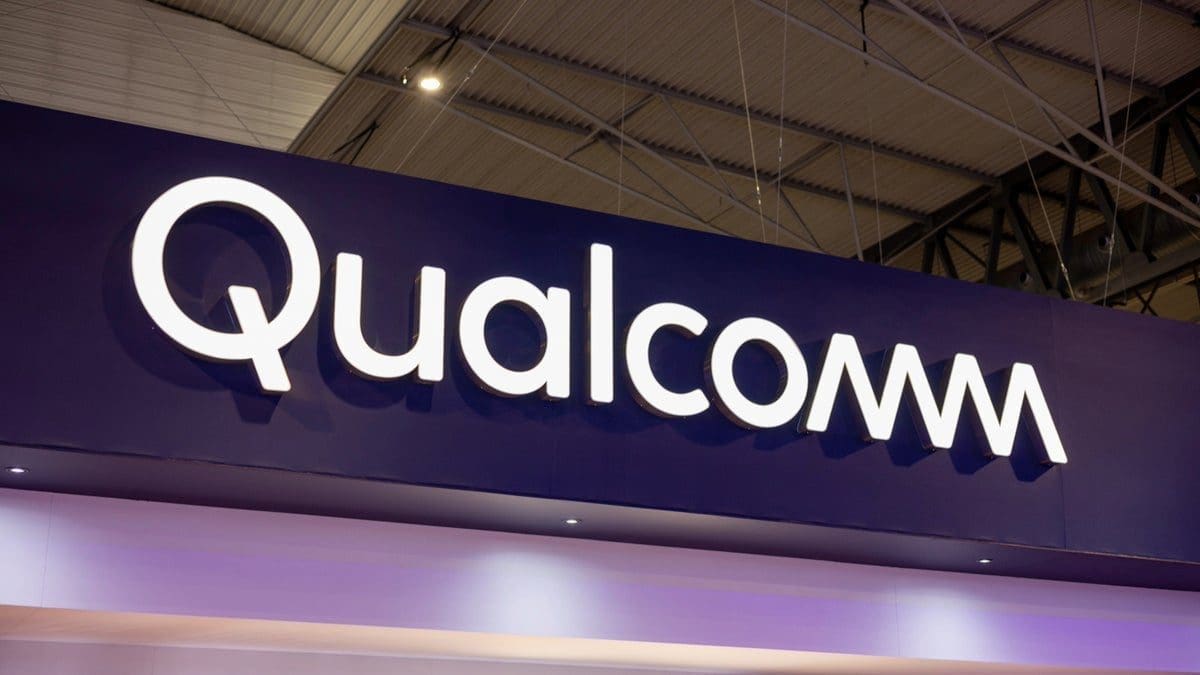Qualcomm is facing accusations of benchmark cheating on its latest Snapdragon X Elite and Snapdragon X Plus processors designed for laptops. While this topic may be a bit outside our usual scope, we believe it’s important to address as benchmark cheating has been a concern in the smartphone world before. These new chips have the potential to rival Apple’s M-series silicon in performance and could boost Windows on Arm devices.
According to a report from SemiAccurate, Qualcomm is allegedly providing manufacturers and the media with misleading benchmark results for the Snapdragon X Elite and X Plus SoCs. The report cites sources within Qualcomm and major manufacturers who have been unable to replicate the benchmark results achieved by Qualcomm. Despite these claims, Qualcomm has not yet responded to requests for comment.
During last October’s Snapdragon Summit, Qualcomm raised eyebrows with its briefing on the Snapdragon X Elite SoC. At MWC, things escalated as Qualcomm presented slides showing that the X Elite chip’s CPU outperformed competitors like Apple, AMD, and Intel without providing any concrete data to support these claims. The benchmarks were conducted using a closed system, preventing the media from verifying the results independently.
Furthermore, when manufacturers received their initial samples of the new chips, performance numbers were significantly lower than what Qualcomm had initially claimed. An insider at Qualcomm has reportedly confirmed that these benchmarks were manipulated, yet Qualcomm has not allowed independent testing of the hardware.
If you’ve been following PhoneArena for some time, you might remember similar incidents in 2014 when HTC and Samsung admitted to artificially boosting benchmark scores on their phones. Samsung specifically mentioned that the Galaxy Note 3 increased its CPU/GPU frequencies during demanding tasks to achieve higher scores.
It’s essential for consumers to be aware of any potential benchmark cheating in the industry as it can impact purchasing decisions and overall trust in technology companies. We will continue monitoring this situation and provide updates as more information becomes available.









